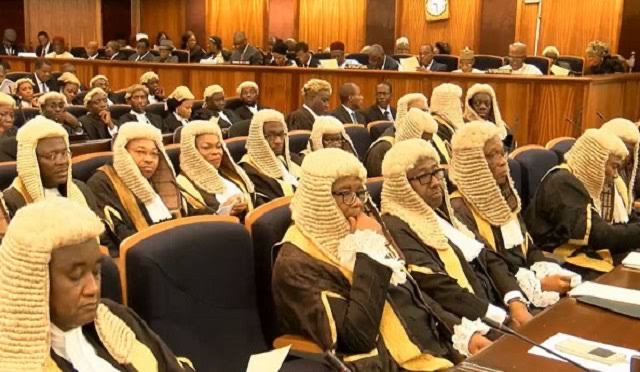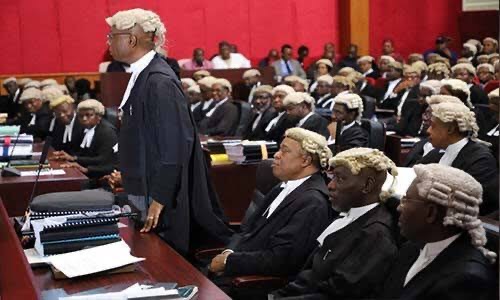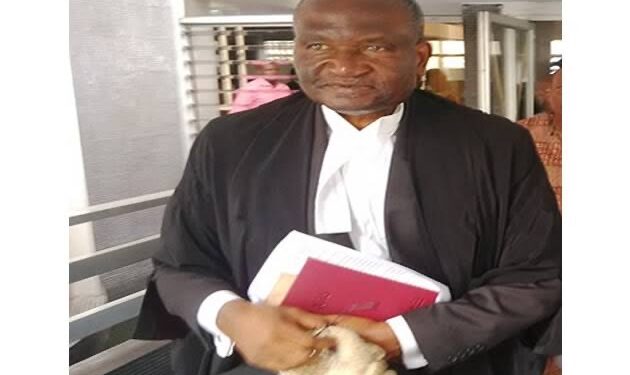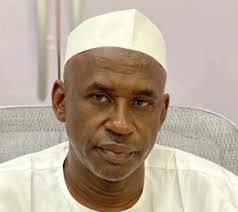Kanu Agabi, who served as Nigeria’s Attorney-General and Minister of Justice during Olusegun Obasanjo’s presidency, has come forward to defend the country’s judiciary despite the current wave of criticism. In a recent interview, Agabi addressed concerns about the judicial system, emphasizing that while it faces significant challenges, it continues to fulfill its role effectively.
Agabi, who has extensive experience in the legal field, acknowledged that the judiciary is currently under immense pressure due to an overwhelming number of cases. This high caseload, which judges are required to manage daily, includes a substantial number of election-related disputes. According to Agabi, this overload is a major factor impacting the performance of the judiciary.

He pointed out that while there is a lot of talk about the need for judicial reforms and ongoing criticism of judges, the reality is that the judiciary is dealing with a high volume of cases. Many of these cases are complex and time-consuming, making it difficult for judges to handle their workloads efficiently.
Despite these pressures, Agabi praised the competence of Nigerian judges, stating that they are among the best available. However, he emphasized that the system itself is in need of improvement to better support their work.

A significant portion of the judiciary’s workload is attributed to election-related cases. Agabi noted that many election results are contested, leading to numerous cases in the courts. He explained that the high level of suspicion and controversy surrounding elections contributes to this backlog. To alleviate this problem, he suggested that reducing the level of controversy and suspicion associated with elections could help lighten the judiciary’s burden.
In addition to discussing judicial challenges, Agabi also criticized the prevalence of election rigging. He argued that politicians who engage in such practices undermine the integrity of the electoral process and, consequently, the judicial system. Agabi stressed that politicians should approach their roles with a sense of duty and integrity, viewing their positions as a service to both God and society, rather than merely a means to personal gain.
He offered a spiritual perspective on the issue, suggesting that obtaining office through dishonest means is spiritually problematic. Agabi argued that if politicians acquire their positions through fraud, they cannot effectively use their office for the greater good.
He cited St. Paul’s statement about being an apostle by God’s grace and suggested that politicians should similarly view their roles as positions granted by divine grace, which imposes a moral responsibility to serve honestly and diligently.




































